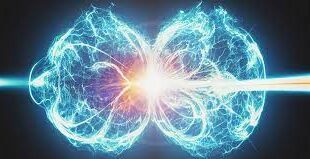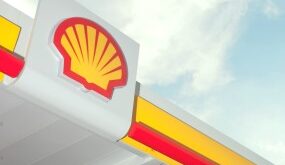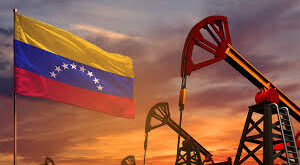Russia plans to put the Nord Stream 2 gas pipeline to domestic use after the fuel exports to Germany and Europe that were envisaged in its decade-long construction were called off because of the war in Ukraine.
The Baltic Sea pipeline was completed last year but had not yet entered service by the time the Ukraine crisis escalated in February, heightening concerns about the Kremlin’s grip on Europe’s power grid. German Chancellor Olaf Scholz suspended the project two days before the Russian invasion.
With the European Union now determined to turn its back on Russian fossil fuels, energy giant Gazprom said the unused Nord Stream 2 infrastructure on the Russian coast would be repurposed to supply gas to the country’s north-west.
It said this process would leave only one of the two pipes available if Germany had a change of heart, further shutting the door on supplies to Europe. The second could not be put back into use until 2028, according to a Gazprom statement.
At the German end, officials said the piping can be left untouched for the moment since the idle steel and concrete pose no immediate threat to wildlife.
The pair of 1,230-kilometre pipes from Ust-Luga, Russia, to the German port of Greisfwald run parallel to the still-operational Nord Stream 1 and were intended to double Russia’s gas supply to Europe.
Ukraine had long criticised the project, regarding it as a geopolitical weapon for Russia and an economic blow because Ukraine had previously collected revenue from the movement of gas through its territory.
The US was also wary of the pipeline, but former German chancellor Angela Merkel defended it as an economic project and part of a wider policy of maintaining trade links with Russia.
But her successor, Mr Scholz, who took office in December, effectively halted the project by ordering an official security assessment ― needed for the pipeline to go into operation ― to be rewritten.
His decision came after Russia recognised two breakaway regions of Ukraine as independent republics, attacking Ukraine’s sovereignty in the final days before the all-out invasion.
Although that did not completely close the door to the pipeline being used in future, Germany has since said it wants to drastically reduce its use of Russian gas and become independent of it by 2024.
To that end, it is racing to build import terminals for liquefied natural gas, enabling shipments from alternative suppliers such as the US and Qatar.
The crisis has led to criticism of German politicians who championed Nord Stream 2, such as Ms Merkel, former chancellor turned Russian energy lobbyist Gerhard Schroeder, and regional premier Manuela Schwesig, whose state is home to the landfall facilities at the German end.
Vice Chancellor Robert Habeck said Germany still relies on Russia for 40 per cent of its gas, down from 55 per cent before the invasion.
The wider European push to reduce dependence on Russia was given greater urgency last week when Gazprom cut off supplies to Poland and Bulgaria for refusing to pay in roubles.

 Iran Energy News Oil, Gas, Petrochemical and Energy Field Specialized Channel
Iran Energy News Oil, Gas, Petrochemical and Energy Field Specialized Channel



